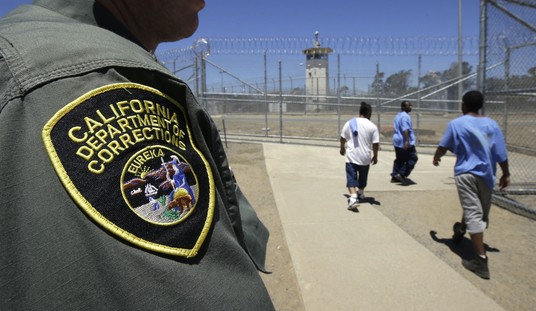The rehabilitation of the 43rd President of the United States appears to be accelerating.
George W. Bush abandoned the wariness that has characterized his post-presidency when he recently addressed a variety of controversial political topics at a closed-door event. The former president issued a veiled criticism of his successor, Barack Obama, when he claimed that it will prove “hard for [Hillary Clinton] to defend or support” his foreign policy record. Bush went on to speak derisively about political candidates who surround themselves with “sycophants.”
It marked a departure from the George W. Bush who spoke so self-deprecatingly about his own value to the political discourse. The former president had noted in the past that his presence on the campaign trail could only damage his brother’s political prospects. “That’s why you won’t see me,” Bush insisted.
Apparently, Jeb Bush is not interested in displaying such caution.
In a surprising move, the former Florida governor threw both rhetorical arms around his brother at a Manhattan event attended by what The Washington Post describes as “high-power financiers.” What’s more, Bush contended that he looks to his brother for policy advice. And not just any policy advice either. Foreign policy, particularly in relation to the Israeli-Palestinian conflict.
“If you want to know who I listen to for advice, it’s him,” Jeb Bush reportedly said about his brother.
Embracing his brother as a foreign policy confidant is a risky and unexpected move for the former Florida governor as he readies for a likely presidential run. While George W. Bush’s approval ratings have improved since he left office in 2009, his foreign policy legacy — particularly the long war in Iraq — remains deeply unpopular. He has also become anathema to some conservative activists for presiding over an increase in the federal debt, among other policies.
Risky? Maybe. But not nearly as much as it was in the recent past.
A New York Times/CBS News poll released this week showed that George W. Bush’s favorability rating, though still underwater, has rebounded to its best point since early 2005. The results confirm a Bloomberg Politics survey conducted the respected Selzer & Co. in April that found Bush’s favorability rating even at 46 percent fav/unfav.
If it is a risk for Jeb to embrace George W., it isn’t nearly the risk that it was just a few years ago.







Join the conversation as a VIP Member